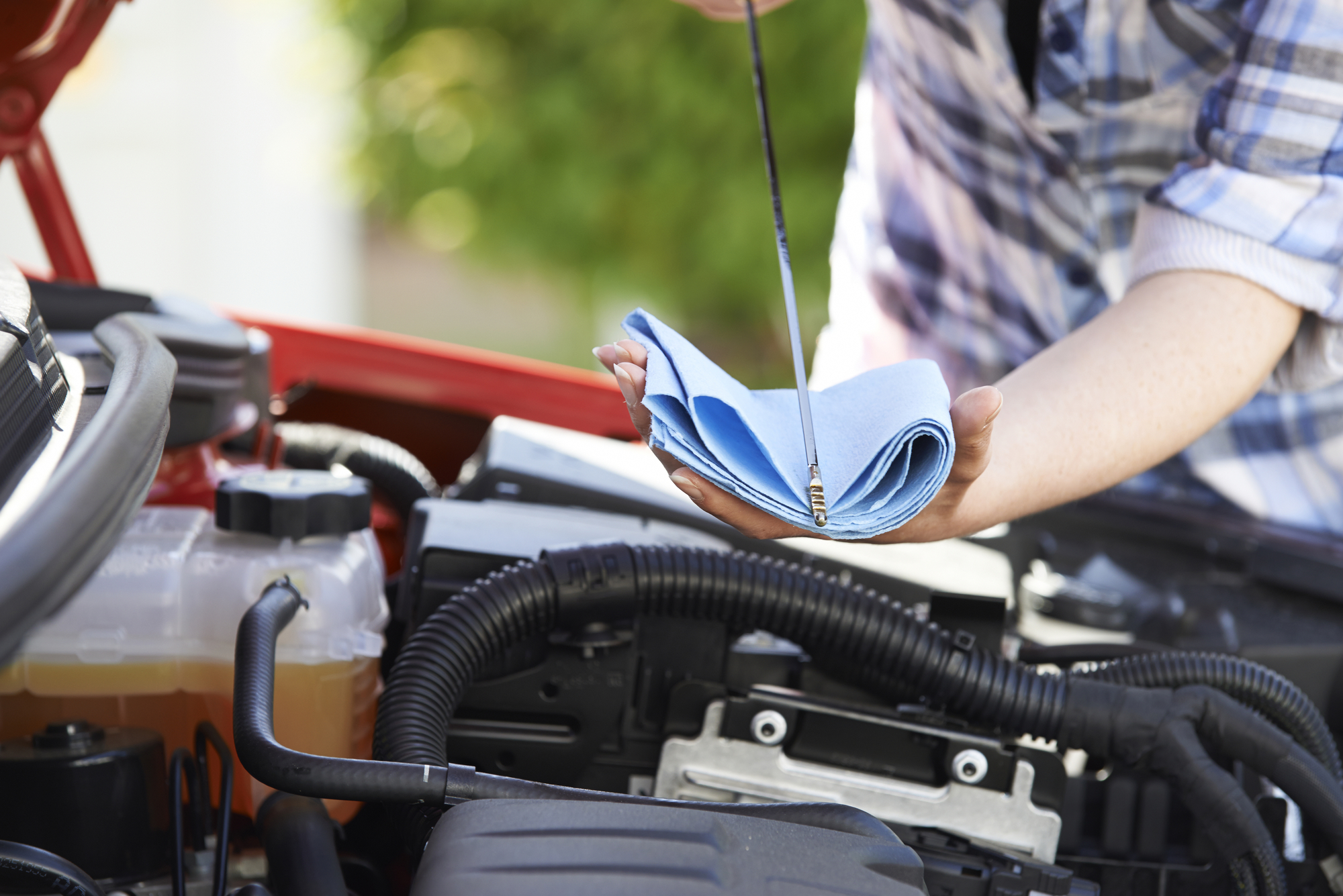Cars are expensive, and regular maintenance is key to keeping them running correctly and avoiding costly repairs. While some maintenance tasks should be left to professionals, there are many simple things drivers can do to keep their cars in good shape. This article will discuss some of the most important things to keep in mind when it comes to basic car maintenance.
Tire Pressure: How to Check and Fill
Tire pressure is easy to check, and newer cars will even alert you if your tire pressure is incorrect. It’s important to keep your car’s tires properly inflated for many reasons:
- It helps your car handle better on the road.
- It improves your gas mileage because under-inflated tires create more resistance as they roll.
- Properly inflated tires last longer.
You should check your tire pressure at least once a month with a tire pressure gauge; you can find a digital one at most auto parts stores for less than $20. You can even find old-school tire pressure gauges at your local dollar store in the automotive section. When checking the pressure, be sure to do so when the tires are cold, before you’ve driven the car for more than a few miles.
Fluids: What Needs to Be Checked and Filled
Fluids are an essential part of car maintenance. Several fluids need to be checked and filled regularly.
The engine oil is one of the essential fluids in a car. It needs to be changed regularly to keep the engine running smoothly. The transmission fluid is also crucial for keeping the car’s transmission in good working order. Both of these fluids can be checked with a dipstick.
The coolant and power steering should be checked periodically to make sure it is at the correct level. Top off windshield wiper fluid to ensure your windshield stays nice and clear for safe driving.
Battery: Signs of a Dying Battery
A battery is considered dead when it no longer produces enough power to start the engine. A few telltale signs indicate when a battery is on its last legs.
The most common sign is a slow engine crank. This happens because the battery doesn’t have enough power to turn over the engine quickly. If you notice your engine taking longer than usual to start, it’s time to get your battery tested.
Another sign of a dying battery is dim headlights. This happens because the alternator isn’t able to recharge the battery as quickly as it’s being drained. If you notice your headlights dimming, especially when you’re idling at a stop light, it’s time for a new battery.
Finally, if you notice any strange electrical issues in your car, it could be due to a dying battery. In Arizona, the heat will cause batteries to die prematurely. Consider purchasing an additional warranty if you’re offered one.
Brakes: How to Tell if They Need Repair
One of the most important parts of your car is the brakes. Over time, the brake pads will start to wear down and need to be replaced. You’ll know it’s time to replace your brake pads when you hear a squealing noise from your wheels when you press down on the brakes. If you let your brake pads go too long without being replaced, you risk damaging your rotors, which are much more expensive to fix.
To avoid having to replace your brakes too often, make sure to have them checked regularly by a mechanic. They can check the thickness of your brake pads and let you know if they need to be replaced. It’s also a good idea to get your brakes serviced if you notice that they aren’t working as well as they used to.
Lights: How to Check
It is vital to keep your lights in good working order. Here are a few tips on how to check them:
- Park your car in a well-lit area so you can easily see all the lights.
- Turn on your headlights and walk around the car to check that they are both working correctly.
- Check the brake lights by turning on the engine and pressing the brake pedal. Then have someone else walk around the back of the car to ensure that the brake lights are coming on brightly.
- The turn signals can be checked by turning on the ignition and activating each turn signal. Again, it is helpful to have someone else stand outside the car to ensure they are working correctly.
Basic Car Maintenance
It is crucial to keep up with basic car maintenance to avoid more extensive, costly repairs down the road. Simple things like regularly checking the oil level, tire pressure, and brakes can make a big difference. Call us today if you’d like a certified mechanic to do basic or more advanced maintenance on your vehicle.






